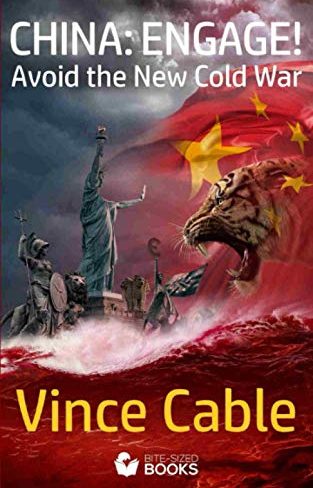English Regions After Brexit
This book is a major contribution to what is going to happen post-Brexit in the regions – with a stellar cast of contributors.Edited by Dr Steven McCabe and Beverley Nielsen, with a foreword by Sir Vince Cable and an Afterword by Lord Michael Heseltine, the contributors are: Professor A C Grayling, Sir Bernard Jenkin MP, Akash Paun, Vicky Pryce, Paul Forrest, John Clancy, Matthew Rhodes, Professor Alex de Ruyter and Professor David Bailey, Dr Georgina Blakeley and Professor Brendan Evans, Dr Jane Roberts, Mike Leonard, Lord Andrew Adonis and Will Hutton, Dr Les Budd, Professor Philip McCann and Professor Raquel Ortega-Argilés, and Rt Hon Liam Byrne MP.Of the reason why many voted to leave the EU, there continues to be intense argument. However, on one issue there’s almost unanimity. Many outside of London, which, on a 69.7% turnout voted by just under 60% to remain, were distinctly unenthusiastic in any desire to continue the UK’s membership of the EU. A commonly cited reason is that such voters perceived a combination of powerlessness and hopelessness. Many voting to leave the EU are from what is known as ‘left behind’ parts of the country who consider they’ve been treated with indifference by all parties in power in Westminster for many decades. Considering what has happened in English regions following the process of ‘deindustrialisation’ of the 1980s – when traditional manufacturing was massively rationalised (or disappeared) – and how they’ll will cope in a post-Brexit future is the rationale for this text. What is attempted through the 17 chapters provided by a range of distinguished contributors, is to examine why English regions voted to leave and what are believed to be the challenges as well as opportunities that should be contemplated. In particular, will leaving the EU enable English regions to provide an environment that is more fertile for devolution enabling citizens to prosper?This book is divided into four sections and provides an in depth analysis and considered suggestions and proposals for the way forward::•The Context of Brexit •Economic Considerations •Structural Change •Looking ahead




